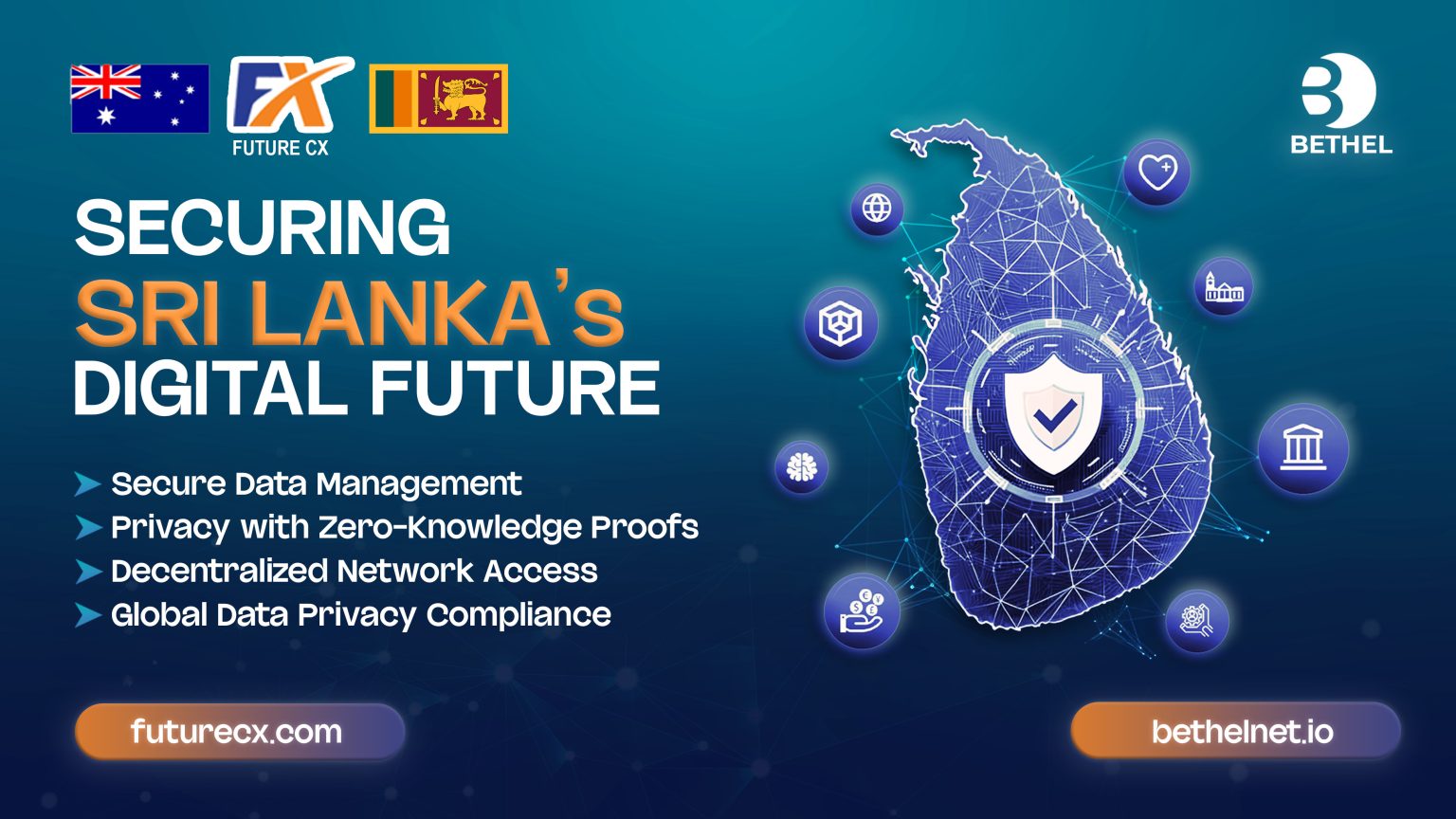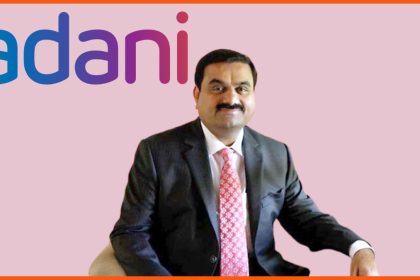As Sri Lanka accelerates digital adoption, the nation’s reliance on secure, resilient technology becomes imperative. With ongoing data breaches and growing cyber threats, Sri Lanka’s government and private sectors need a strategic, forward-looking approach to protect sensitive information and build public trust.
Bethel, a hack-proof, cutting-edge decentralized data solution, presents a vision for Sri Lanka to harness innovative data security, using technologies like zero-knowledge proofs (ZKP), decentralized storage, and quantum-resistant encryption to address these urgent needs across critical sectors.
Understanding the Need: Why Bethel for Sri Lanka?
The Sri Lankan government has faced criticism for lacking robust cybersecurity and data management protocols. With rapid digitalization and increasing reliance on data, the need for resilient, privacy-focused systems is undeniable. Bethel’s platform introduces a new paradigm of data security by utilizing Zero-Knowledge Proofs (ZKP) and Decentralized Physical Infrastructure Networks (DePIN), effectively allowing data verification without exposing its content. This model is an ideal match for governmental needs, where sensitive data must remain secure yet accessible for verification.
Key Advantages of Bethel’s zkpStorage
Bethel’s zkpStorage combines ZKP with a decentralized architecture, eliminating the risks of central data breaches, while ensuring compliance and scalability. Here’s a look at how Bethel’s core features address challenges faced by various sectors:
- Healthcare Sector: Patient confidentiality and data integrity are paramount in healthcare. Bethel’s On-Chain Asset Storage enables secure storage of medical records, accessible only to authorized entities without revealing data contents. This decentralized storage model prevents unauthorized access and complies with data sovereignty laws.
- Education Sector: Academic institutions manage vast databases of student records and research. Bethel’s ZKP Storage Module, with its Decentralized Identifiers (DID), allows for secure academic credential storage and verification, supporting a move toward verifiable digital identities for students and staff.
- Finance Sector: Financial transactions require maximum security to protect sensitive financial data. Bethel’s Quantum-Resistant Cryptography secures data against quantum computing threats, providing a robust foundation for future-proof banking and secure on-chain asset management.
- Government Services: Bethel’s decentralized storage provides a distributed, secure method for managing sensitive citizen data, reducing the risk of breaches. Plus, Bethel’s blockchain-powered metadata ensures that public records remain unaltered, fostering trust and transparency in government services.
- Corporate Sector: Using decentralized storage and smart containers, Bethel ensures that companies’ intellectual property remains secure and accessible only to authorized personnel. The decentralized architecture reduces the need for centralized infrastructure, offering both enhanced security and reduced data management costs.
Implementing Bethel in Governmental Systems
Sri Lanka’s public sector can significantly benefit from Bethel’s capabilities:
Secure and Efficient Data Management
Bethel’s Smart Container System enables secure hosting of databases, making data resilient to unauthorized access. By segmenting data into “chunks” and implementing IPFS-backed redundancy, Bethel ensures that even if one node is compromised, data remains unaltered and secure.
Privacy with Zero-Knowledge Proofs
The platform’s Zero-Knowledge Proof capabilities provide secure data verification. For example, tax records or medical histories could be verified without accessing the raw data, meeting high privacy standards.
Accessibility Across Decentralized Networks
Through Decentralized Apps (DApps) hosting, public services can be transformed into accessible, decentralized applications. This allows citizens to interact securely with government services through digital wallets, ensuring transparency and ease of access.
Compliance with Global Data Privacy Regulations
Bethel meets global privacy regulations by managing access to data securely, allowing the government to meet compliance requirements in sectors where data sovereignty is critical. For instance, education records can be accessed and updated without altering metadata or original content, maintaining a verifiable record in line with data protection laws.
Benefits of Bethel’s Synergistic Storage Modules
By utilizing both the Bethel Storage Module and IPFS-supported Storage Module, Sri Lanka’s sectors can harness an efficient, hybrid storage system:
- Increased Resilience and Availability: Data is redundantly stored, ensuring availability even during network outages or attacks.
- Optimized Storage and Retrieval: Enhanced by data chunking and deduplication, data retrieval times improve, providing efficient solutions for sectors requiring high data availability.
- Cost-Efficiency and Scalability: Bethel’s storage model scales with user demand and reduces redundancy, offering an affordable solution for public institutions.
Future Prospects: Quantum Security and Data Sovereignty
Bethel’s forward-thinking approach, specifically through its Quantum Computer Security Proofs, ensures Sri Lanka’s data is protected from even the most advanced quantum threats. This level of preparedness positions the country as a leader in secure digital transformation and could invite global partnerships and trust in Sri Lanka’s digital ecosystem.
Bethel’s Invitation to Sri Lanka
Bethel invites Sri Lanka to take proactive steps to secure its data-driven future. By adopting decentralized, resilient data systems, Sri Lanka can protect its citizens, empower its institutions, and prepare for the digital demands of tomorrow.
To stay updated on Bethel’s latest developments and initiatives, follow on social media channels – X , Telegram, YouTube and Discord













